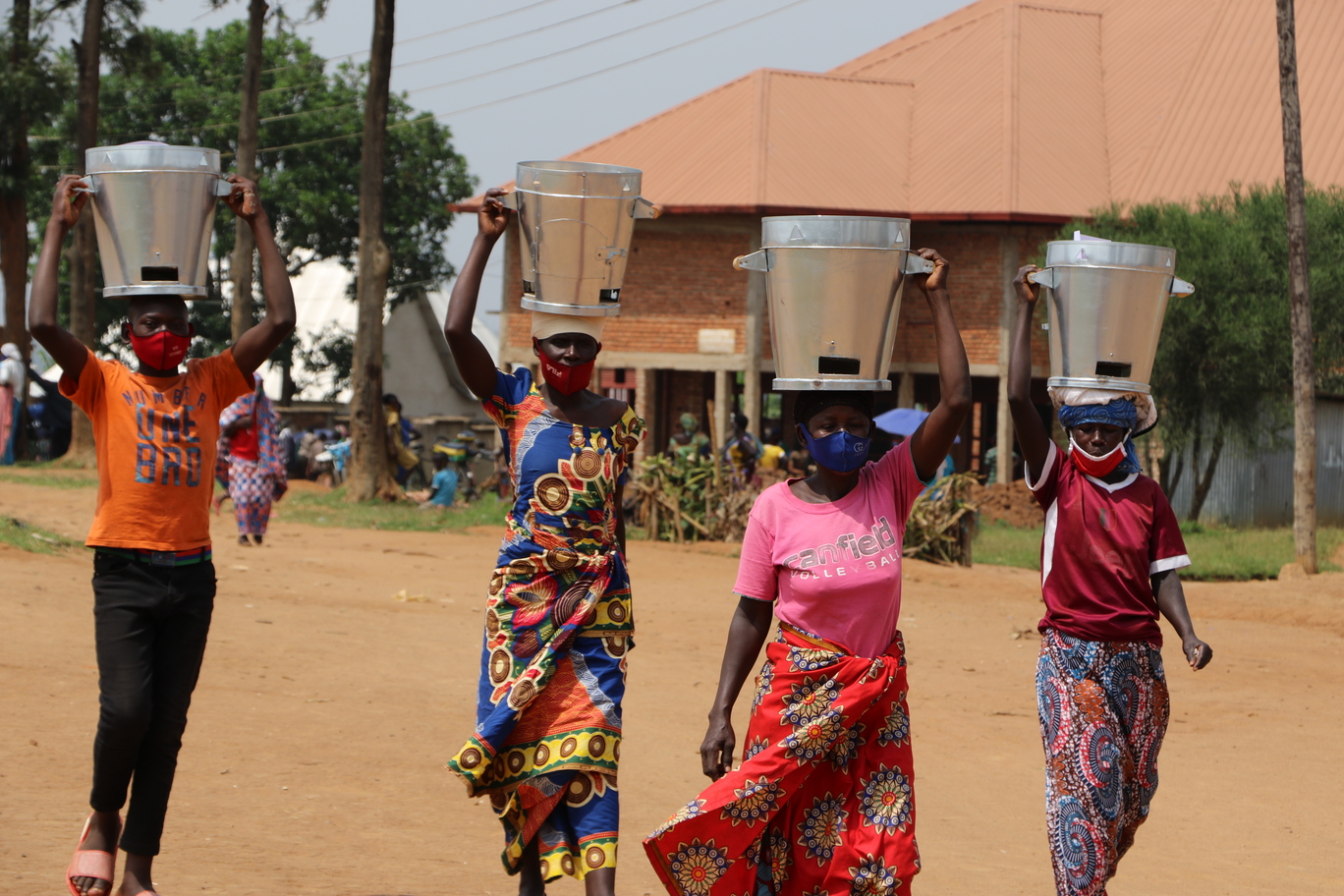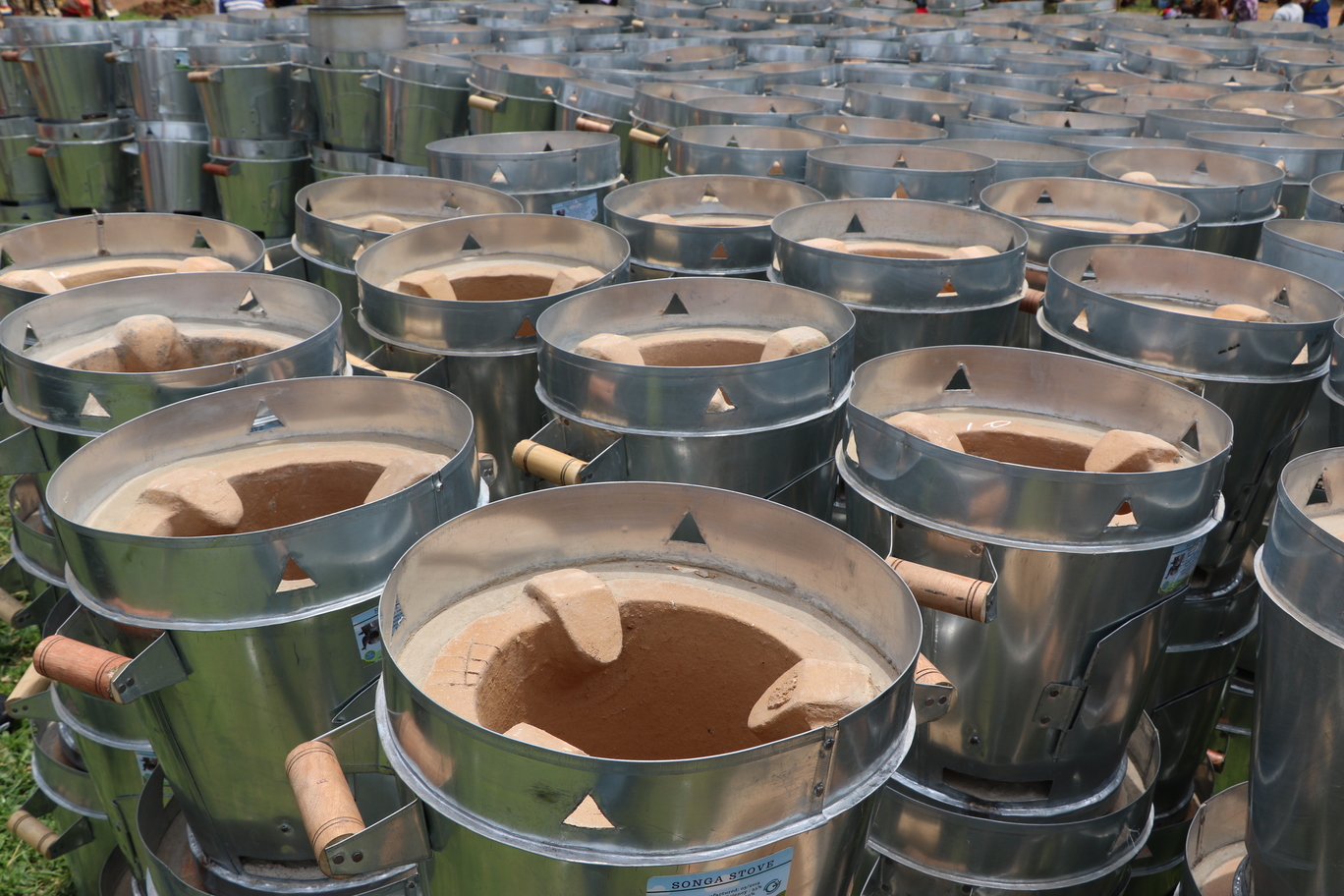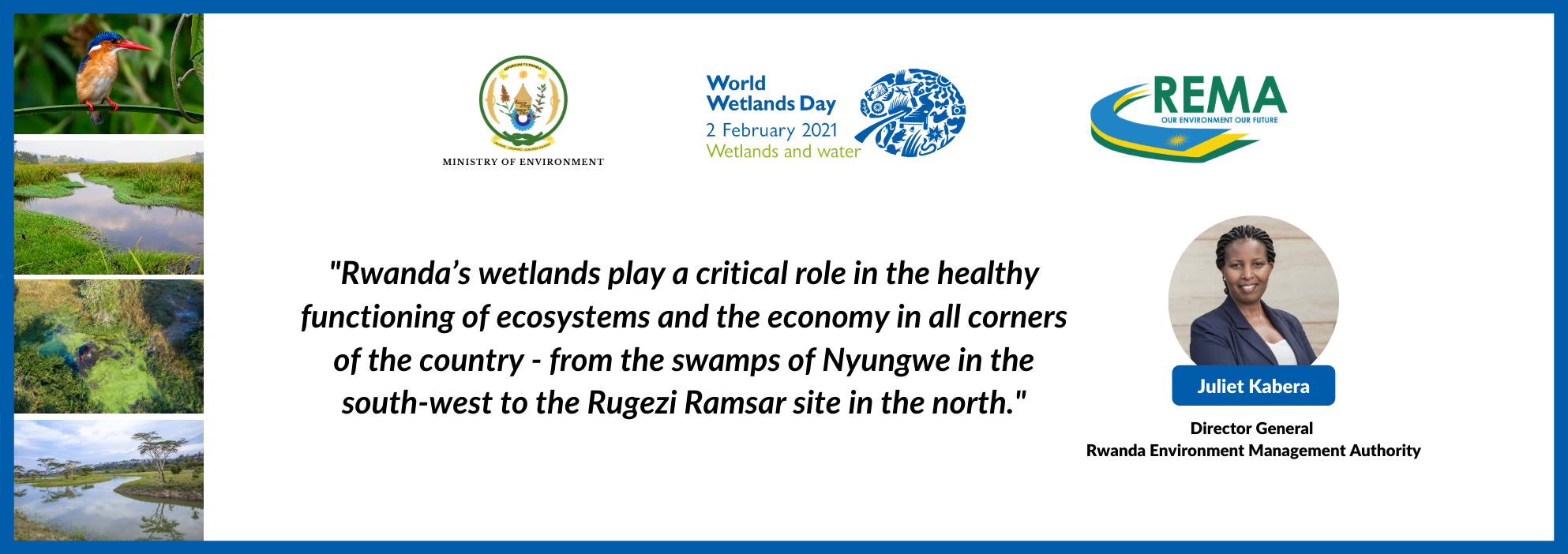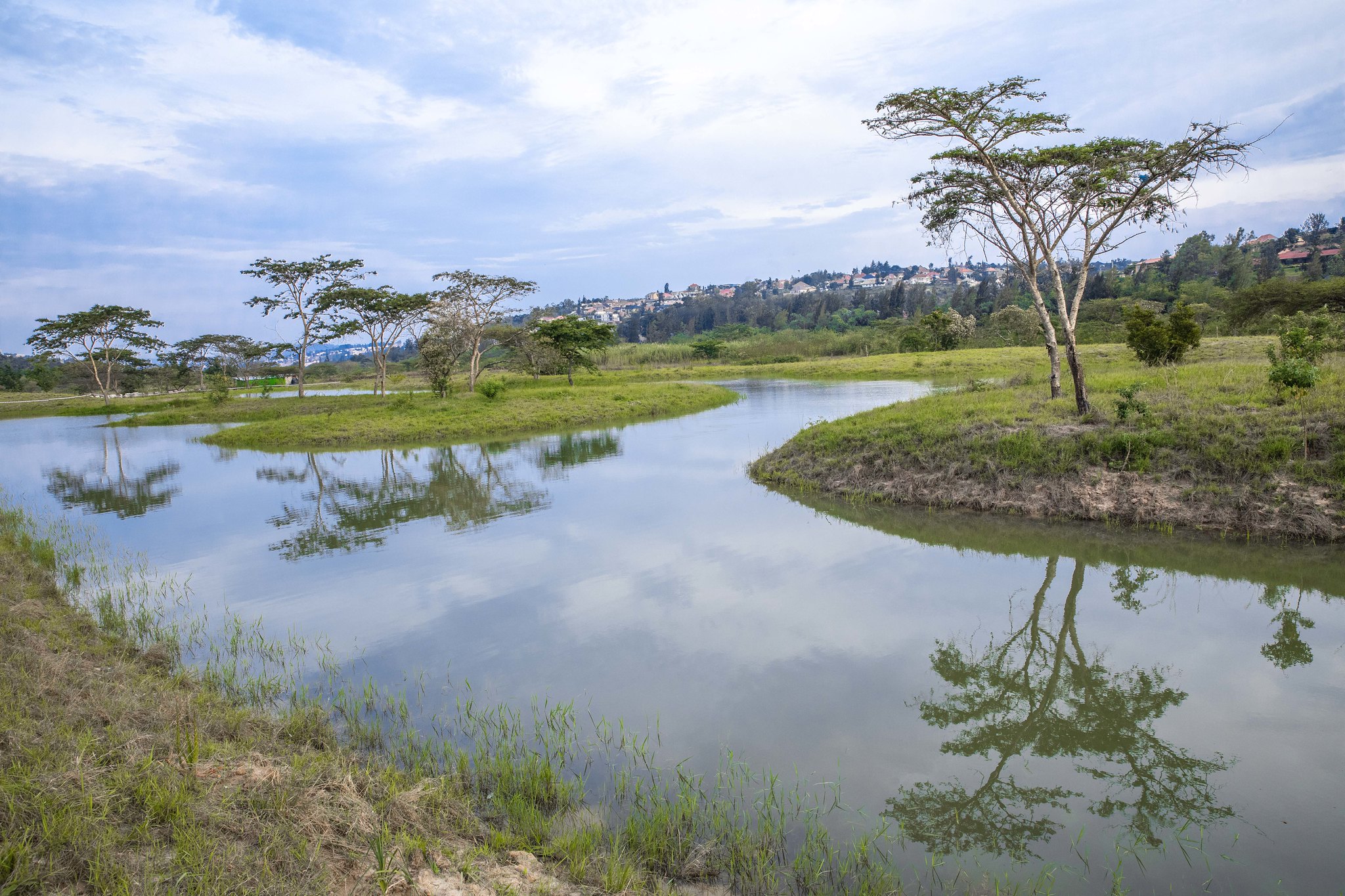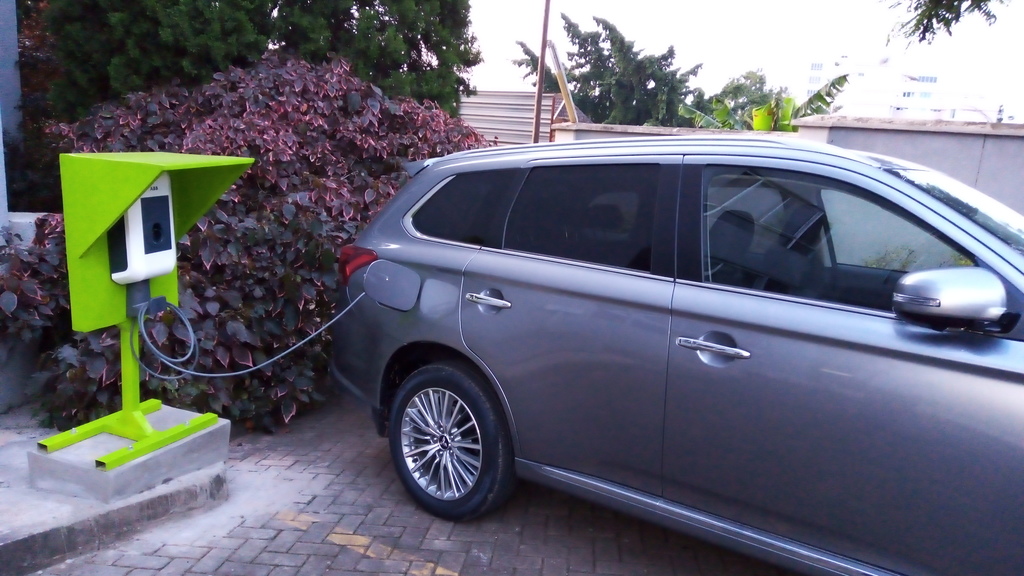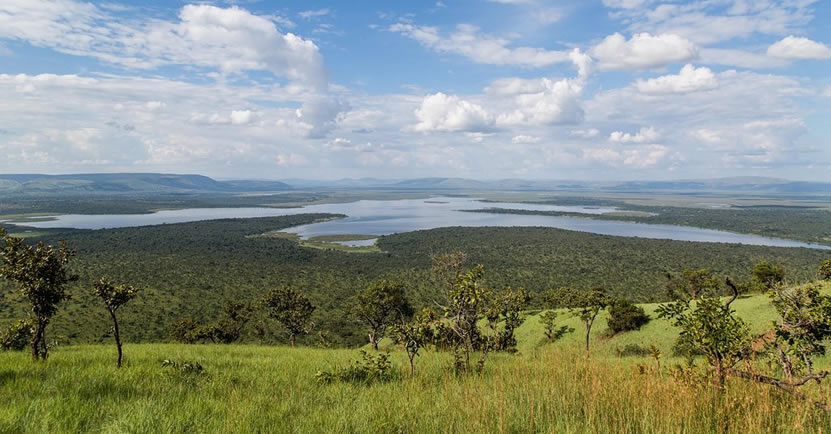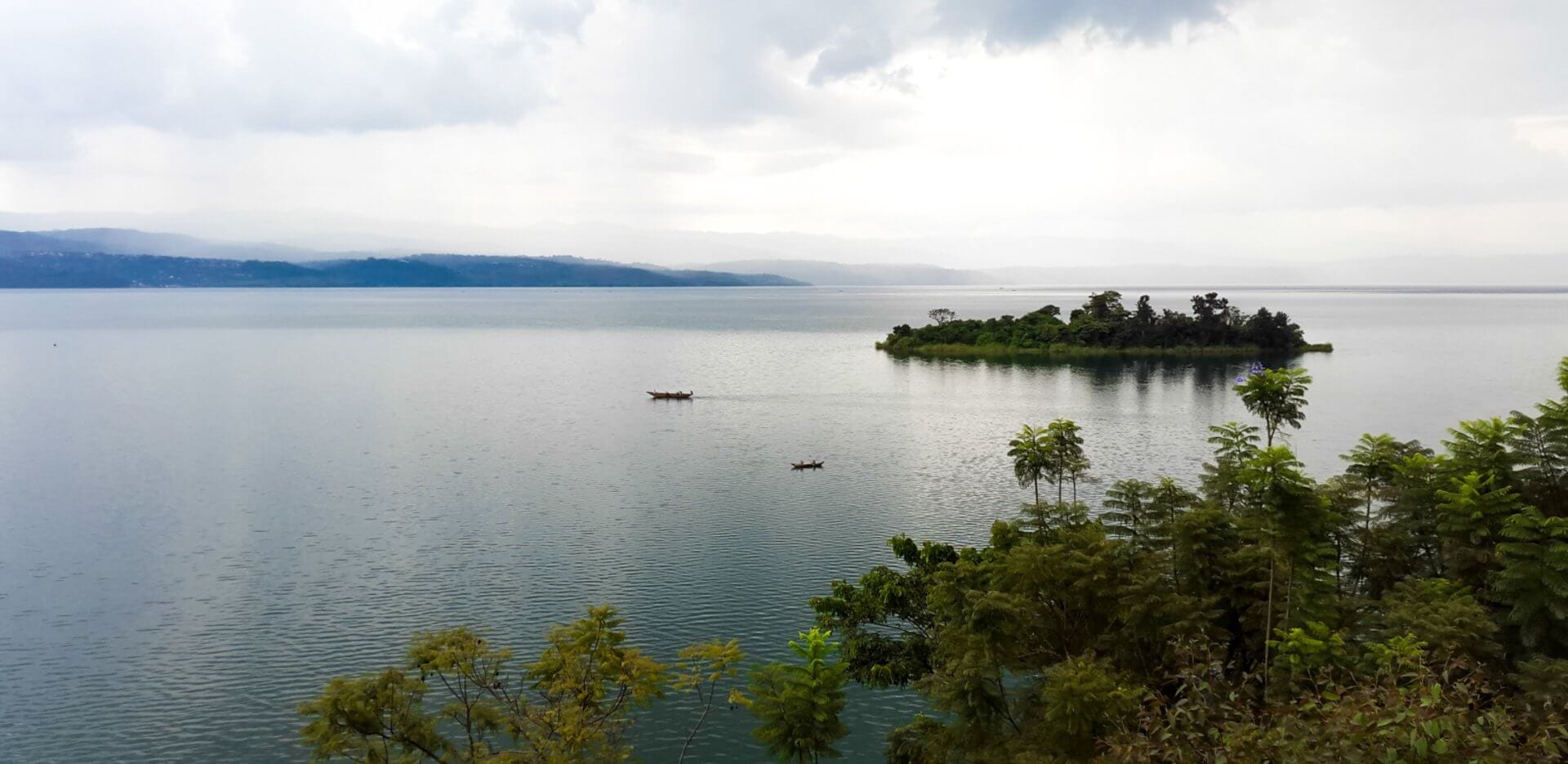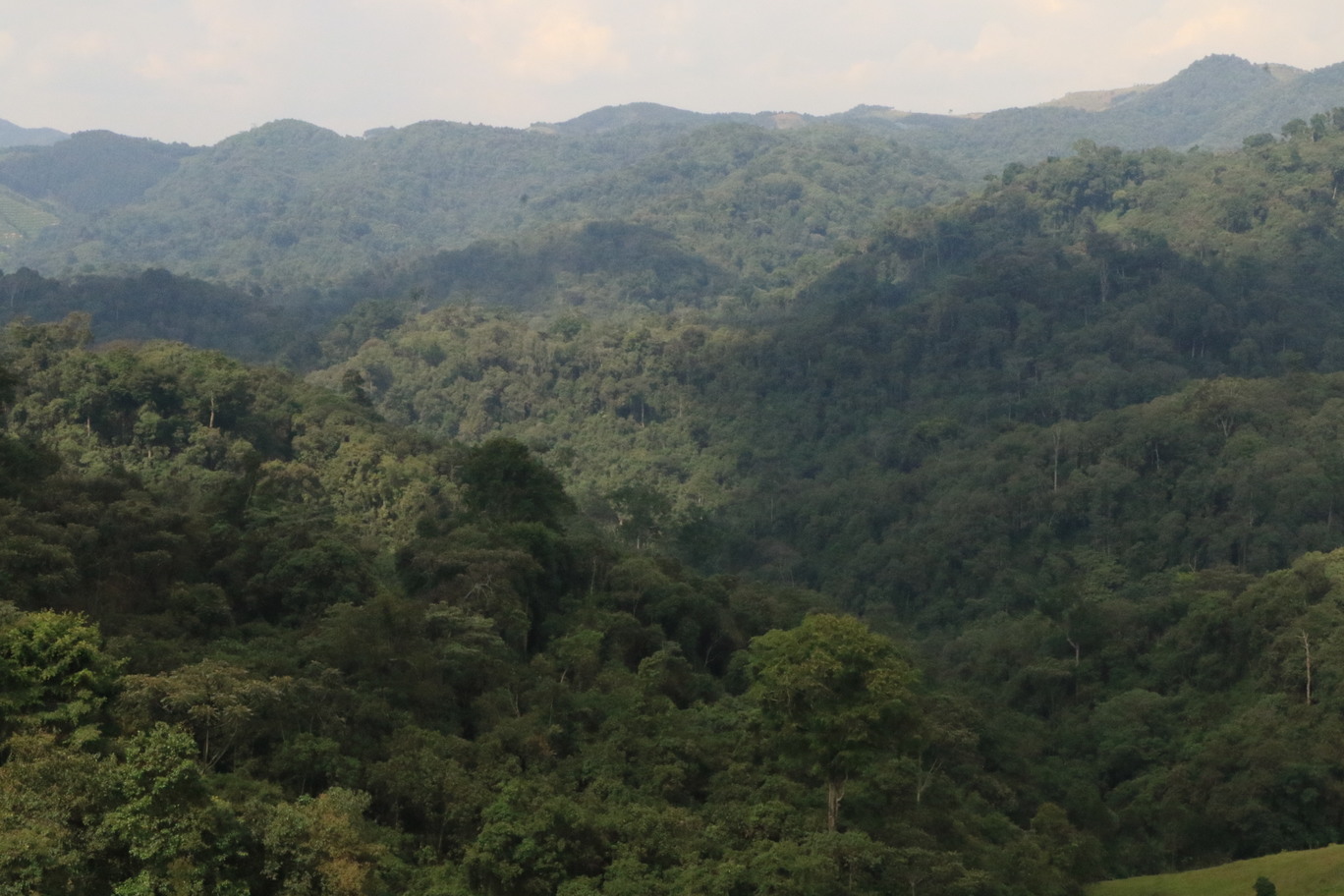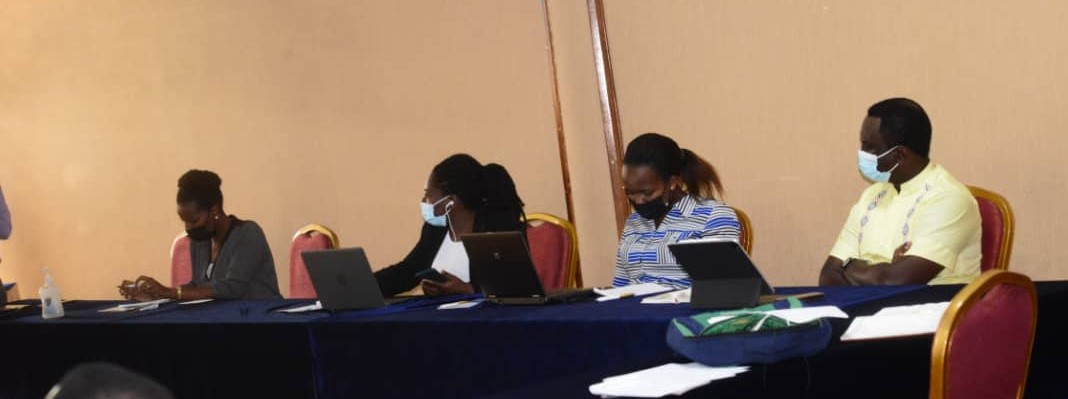
Rwanda launches project to protect human health and the environment from the adverse effects of mercury pollution
The Rwanda Environment Management Authority (REMA), has launched the Minamata Initial Assessment (MIA) and National Action Plan (NAP) Projects.
Both projects were launched on June8, 2021 in line with the Minamata Convention on mercury, designed to protect human health and the environment from anthropogenic emissions and release of mercury and mercury compounds, that Rwanda acceded in June 2017.
Mercury is a naturally occurring element that is found in air, water and soil. Exposure to mercury – even small amounts – may cause serious health problems and is a threat to the development of the child before and after birth.
According to the World Health Organization (WHO), the inhaling mercury vapour can have harmful effects on the nervous, digestive and immune systems, lungs, kidneys and skin, and may be fatal. The inorganic salts of mercury are corrosive to the skin, eyes and gastrointestinal tract, and may induce kidney toxicity if ingested.
After becoming a part to Minamata Convention, Rwanda conducted a preliminary national survey to map out different institutions and priority areas suspected to have mercury, and mercury pollution, and these include Artisanal and Small-Scale Gold Mining (ASGM), health sector (thermometers, tensiometers, dental amalgams), industry sector (butchery, paints) among others.
“The MIA is one of the solutions that will help us to evaluate ourselves throughout national mercury inventory used in Artisanal and Small-Scale Gold mining as well as in health sector. However, NAP will help us to have health status of the people working with these sectors and put in place the alternative technology aiming at phasing out the use of mercury” says Juliet Kabera, Director General, Rwanda Environment Management Authority (REMA).
The Minamata Initial Assessment project will raise awareness of health risks associated with mercury among the general public and government officials.
The artisanal and small-scale gold mining sector, along with health, ICT, Transport, water and informal sectors were identified as priority sectors related to the use of mercury.
The development of National Action Plans for artisanal and small-scale gold mining is a requirement under the Minamata Convention. Therefore, this project will support Rwanda to improve national capacity for managing mercury, and reduce the exposure of the people to mercury and the associated negative health consequences.
The two initiatives are being supported by the United Nations Industrial Development Organization (UNIDO) and the United Nations Institute for Training and Research (UNITAR).
The Minamata Convention has a phased approach to reduce, and where possible, eliminate mercury use in key industrial sectors. It is also designed to systematically reduce emissions and releases to land and water and phase out the use of mercury where alternatives exist.
The Minamata Convention was adopted and opened for signature at the Conference of Plenipotentiaries held from 9 to 11 October 2013 in Minamata and Kumamoto, Japan and entered into force on 16 August 2017. Up to June 2018, 128 countries had signed the treaty and 94 had ratified it. As for now, 131 country have ratified the treaty and Rwanda became a Party on 29 June 2017.
To support the state parties to achieve the objective of the Convention, the Global Environment Facility (GEF) avails financial support to keep the momentum of making mercury history.
Topics
More posts
Ikigo REMA cyatangiye gutanga Imbabura zirondereza ibicanwa no kugabanya imyuka ihumanye yoherezwa mu kirere
Ikigo cy’igihugu cyo kubungabunga ibidukikije (REMA) kibinyujije mu mushinga wacyo wo gusubiranya igice cy’Amayaga “Forest Landscape Restoration in…
Beneficiaries of REMA’s Green Amayaga Project receive improved cookstoves to promote energy efficiency
Rwanda Environment Management Authority through the Forest Landscape Restoration in the Amayaga Region (Green Amayaga) Project is distributing…
Remarks by Director General Juliet Kabera on the World Wetlands Day
- Minister of Environment
- Representatives of government agencies and our valued partners
- Distinguished ladies and gentlemen
- Friends of the…
Water users encouraged to be water wise on World Wetlands Day
The Ministry of Environment, Rwanda Environment Management Authority and Rwanda Water Resources Board are encouraging all Rwandans, especially the…
Electric Vehicle to Support Rwanda's Environmental Protection Efforts
The Rwanda Environment Management Authority (REMA) has taken delivery of its first ever electric vehicle that will be used to support the…
Imodoka zikoresha amashanyarazi zizafasha muri gahunda ya Leta yo kubungabunga Ibidukikije
Ikigo cy’Igihugu cyo Kubungabunga Ibidukikije (REMA) cyakiriye imodoka yacyo yambere ikoresha amashanyarazi, izagifasha kuzuza inshingano zacyo zo…
Lakeshores and Riverbanks are public property, their use can only be authorized by the Minister in charge of Environment
The Ministry of Environment and the Rwanda Environment Management Authority (REMA) are conducting a campaign aiming at reminding Rwandan residents…
Ubutaka bwo ku nkombe z’ibiyaga n’imigezi ni umutungo rusange wa Leta, ntawemerewe kubukoresha atabiherwe uruhushya na Ministeri y’Ibidukikije
Minisiteri y’ibidukikije n’Ikigo cy’Igihugu cyo Kubungabunga Ibidukikije (REMA) bari gukora ubukangurambaga bugamije kwibutsa Abaturarwanda bose ko…
From ambition to action: Rwanda’s climate resilience plan
On Saturday, December 12, 2020, global leaders are meeting to discuss a problem on many of our minds: climate change. The extraordinary virtual…
